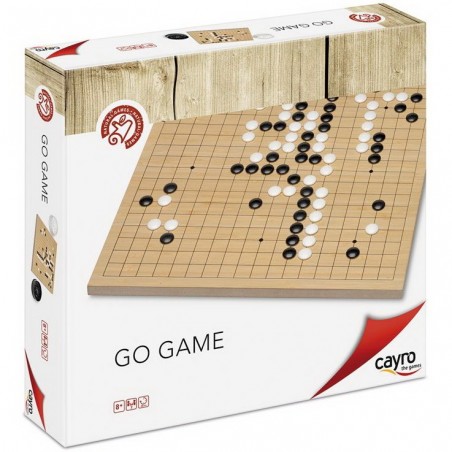
Exit: The Game + Puzzle - The Deserted Lighthouse
Restock
Restock



RESTOCK
While we wait for the arrival of more units of this item, you can now buy and guarantee one of those units. The estimated time of arrival at our warehouse can range from 1 week to 2 months.
An order that contains at least one "Restock" item will only be sent when it is complete, because only one shipment is included.
To receive now other items that we have in stock, we recommend placing a separate order.
Publisher Cayro
Language






Language dependence (0-4) 0. No necessary in-game text
Player Count 2
Playing Time Between 1 to 2 hours
Designer (Unknown)
Minimum age 8
Categories Abstract Strategy
Mechanics Enclosure, Square Grid
Restock
Out-of-Stock
In stock
Restock